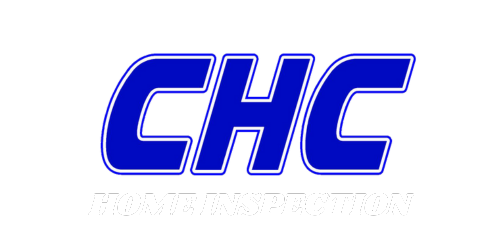SEWER SCOPE AND SEPTIC INSPECTIONS
At CHC Home Inspections, we believe in leaving no stone unturned when it comes to assessing the vital systems of your potential home. While our standard home inspection includes a diligent check of the plumbing systems, we recognize the unique importance of a sewer scope or septic inspection.
Going beyond the surface, these specialized assessments offer a deeper dive into your property's plumbing network. Whether it's inspecting the pathway to the septic tank or assessing the lines connecting to the road, our sewer scope and septic inspection services unveil a comprehensive view of the system's health. Rest assured, with CHC Home Inspections, you're equipped with the knowledge needed to make informed decisions about your property investment.
FAQ’s
-
A sewer scope inspection involves inserting a camera into the sewer line to assess its condition and identify any issues such as blockages, leaks, or deterioration. This inspection is particularly important to detect potential problems within the sewer line that may not be visible during a standard home inspection.
-
A sewer scope inspection is necessary to ensure the integrity of the sewer line and to uncover any hidden issues that might lead to costly repairs down the road. It provides a visual confirmation of the sewer line's condition and helps buyers and homeowners make informed decisions.
-
A septic inspection involves evaluating the overall functionality and condition of a septic system, which includes the septic tank, distribution lines, and drain field. This inspection is crucial for homes that rely on septic systems for waste disposal. *Please note that a septic inspection may call for digging/escavation.
-
It's recommended to consider a sewer scope inspection if you're purchasing an older home, as sewer lines can deteriorate over time. For properties with septic systems, a septic inspection is essential before buying to ensure the system is functioning properly.
-
Yes, a sewer scope inspection can identify tree root intrusion, which is a common cause of blockages and damage to sewer lines. The camera used during the inspection can capture images of roots infiltrating the pipe.
-
The duration of these inspections varies based on factors such as the size of the property and the complexity of the system. On average, a sewer scope inspection can take around 1-2 hours, while a septic inspection might take a similar amount of time.
-
A septic system inspection can provide information about the overall condition and functionality of the septic tank, but determining its exact capacity might require additional documentation or consultation with a septic professional.
-
No worries! We use advanced technology that enables us to find your septic tank.


